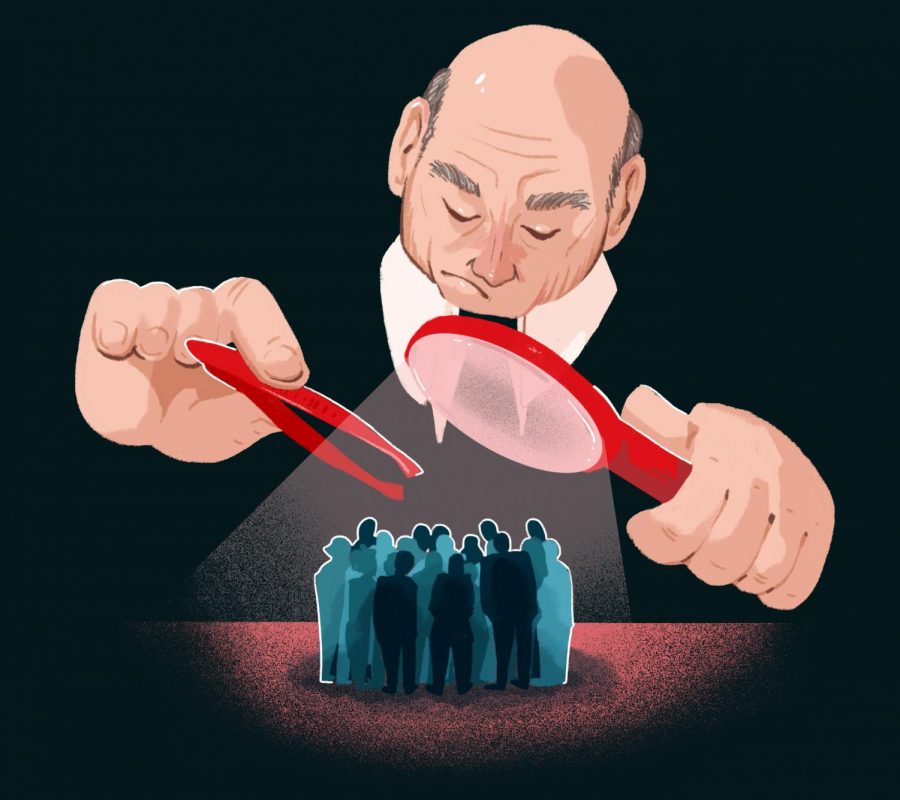OPINION: Fewer aldermen means lack of representation
OPINION: Fewer aldermen means lack of representation
February 3, 2019
Chicago has long been viewed as a center of political corruption. Now, federal extortion charges against longtime Ald. Ed Burke (14th Ward) and the subsequent fallout impacting other politicians has renewed calls for fewer wards and fewer aldermen. But, mayoral candidate Bill Daley’s proposal to shrink the City Council from 50 aldermen to 15 would only make the political landscape more susceptible to corruption and dilute what little representation minorities have gained over the years.
Daley argues that eliminating most of the “50 mini mayors” is the best way to reduce corruption and accelerate governmental processes. This comes just after Burke’s problems tainted the mayoral campaigns of County Board President Toni Preckwinkle and State Comptroller Susana Mendoza.
In addition to shrinking the City Council, Daley also wants to strip aldermen of their unchecked final say in building and zoning permits in their wards; impose term limits; forbid aldermen from holding second or part-time jobs in addition to their political duties; and bar family members of aldermen from engaging in city business.
Daley’s attempt to create a more moral government is ironic given the nearly 45-year nepotistic reign of the Daleys in Chicago, as well as his Trump-like refusal to release his full tax returns to the Chicago Tribune for its regular publishing of mayoral candidates’ tax information.
By limiting the City Council to 15 aldermen, not only will corruption likely run rampant, representation will be practically eliminated.
It is no secret that the people who typically get elected are the ones with the most money. Funds are essential to campaigning. Nationally, conservative white men tend to make up the majority of the donor population, and the white male politicians they support prioritize that demographic to keep money rolling in, according to research by Demos, a public policy organization.
With only 15 seats available, the majority of the biggest, wealthiest, whitest wards of Chicago would most likely be represented, and the City Council would be less likely to concern itself with programs for minority areas. Corporate businesses could be more likely to win building permits that allow them to force out black and Latinx residents from communities, new taxes could disfavor low-income communities and programs that benefit low-income neighborhoods could disappear.
An elite group of 15 mostly-wealthy, mostly-white men sitting behind closed doors in City Hall cannot be trusted to represent the diverse population of Chicago. Daley—who has not even proposed how he would get this past the 35 aldermen he would take the rug out from under, or even how ward re-districting might look—thinks having a smaller City Council would eliminate much of the corruption Chicago is famous for. In reality, Daley risks taking away representation from the very demographic whom he is asking to vote for him.








